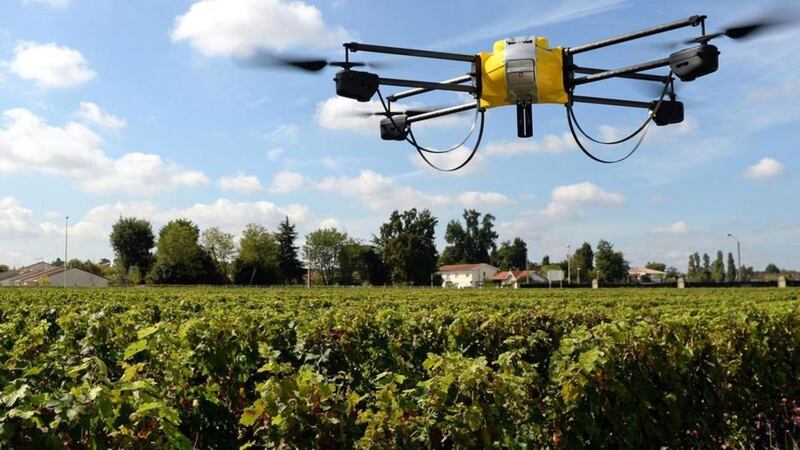IF there's one industry this island excels at for quality, if not quantity, it's agriculture. Farming in Ireland touches many rural families and accounts for a large percentage of employment in many of our provincial towns.
Farming, and indeed agriculture, has always had to navigate its way through the year managing a fluctuating workforce. The quiet winter months are replaced with the frantic spring when most planting takes place, and while the foot is taken off the accelerator in the summer and cruise control is engaged, the madness kicks off again as harvesting commences. Even then, one eye is always on the weather.
Seasonal workers can often double the farm labour from late winter to early summer. Some of the larger farms and co-operatives have to run operations that are both agile and flexible for any changes coming up.
The question is - as IT now plays a leading role in most, if not all industry sectors, how can it help in the future of Ireland’s agriculture industry?
Customers now demand that companies have a social responsibility, and no more so than those who provide our food. Food-borne illnesses have prompted governments to require better farm-to-fork food safety standards and computerised food traceability. Large supermarket chains and competitive commodity markets play a significant part in driving home the need to be ultra-efficient and require farmers to focus on reducing overhead expenses.
Today, whether you are the most efficient precision farming operation or a small niche operation providing additional income to a small family farm, improved efficiency and compliance with computerised monitoring is essential.
One of the difficulties in hiring seasonal agricultural workers is managing the paperwork and legal requirements. Years ago “hiring fairs” were commonplace throughout Ireland, where a farmer could simply hire harvesters, reapers, labourers and tattie hokers (potato pickers) looking for work, by offering a payment for produce picked, collected or on return for a hard day’s work on the farm.
The legal requirements of government and social responsibility have changed this process to require a minimum hourly pay and compliance with other worker’s rights. In their wake, there’s a long trail of paperwork to maintain. How can farmers keep up with this when there is so much more to do during the harvest?
Most forward thinking farmers have made an effort to manage their operations with spreadsheets. Unfortunately those spreadsheets don’t easily integrate well with other software, and often require someone on the farm to print off reports or manually input data.
Larger farmers in Europe and the US are adapting to “digital transformation”. They’re using mobile devices like iPads and tablet PCs in their tractors. They have experimented with drones to monitor field conditions and drop the right fertiliser or beneficial insects exactly where the need is highest. They can track information and statistics on their land including photographs and weather conditions to manage their yield more effectively.
This technology is easy to use on many types of mobile device. Administering employees, recording activity, and managing payments becomes much easier for agribusiness to manage effectively.
This helps to ensure the right resources are where they need to be when they’re most needed. It helps the farmer to accurately forecast when he’ll start to harvest and how long it will take to bring the crops in. This will help in the cost-effectiveness of hiring part time seasonal staff. On the other hand, the seasonal labour force could see where they’ll next be needed and plan accordingly.
The same seasonal employee scenario applies to the agricultural supply chain. Getting seasonal farm products where they need to go quickly and effectively can have a major effect on profitability.
Worldwide, more than one billion people work in agriculture. This seems like an impossible number of people to manage. But as mobile connectivity improves, we can be better equipped to connect to these people. This can help increase efficiency and at the same time promote fair and sustainable working conditions and practices.
:: Trevor Bingham (editorial@ itfuel.com) is business relationship manager at ItFuel in Craigavon. Follow them on Twitter @itfuel.







